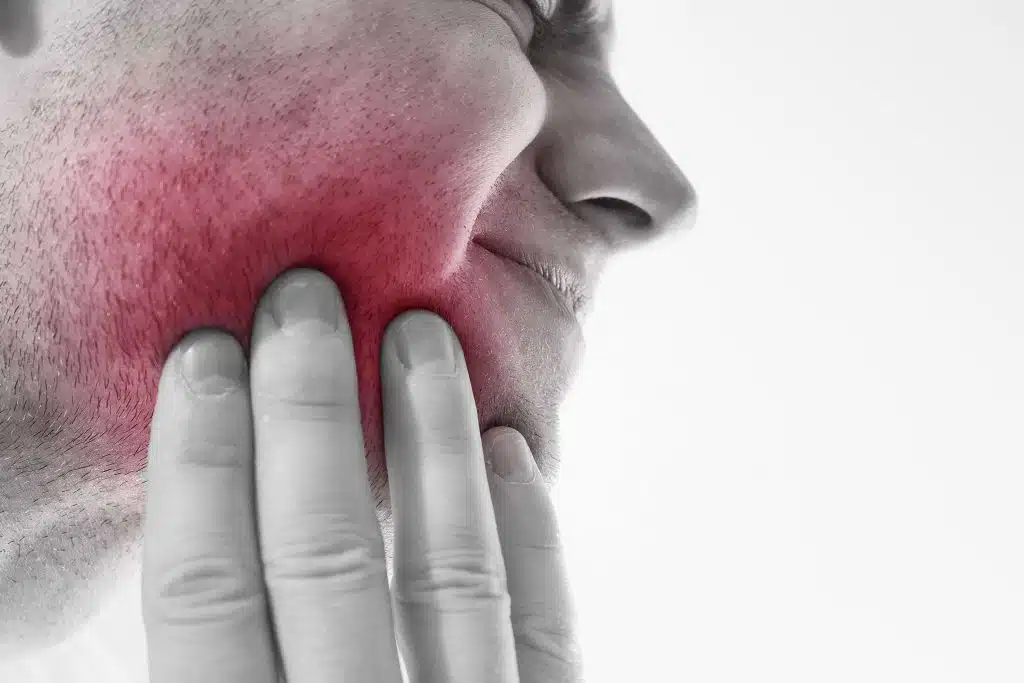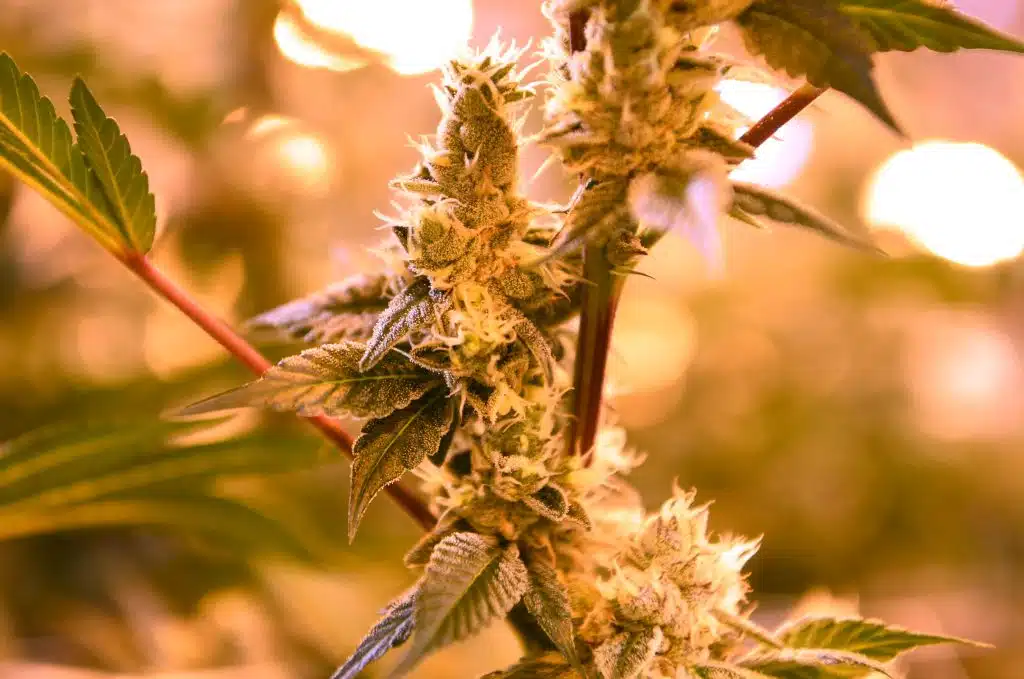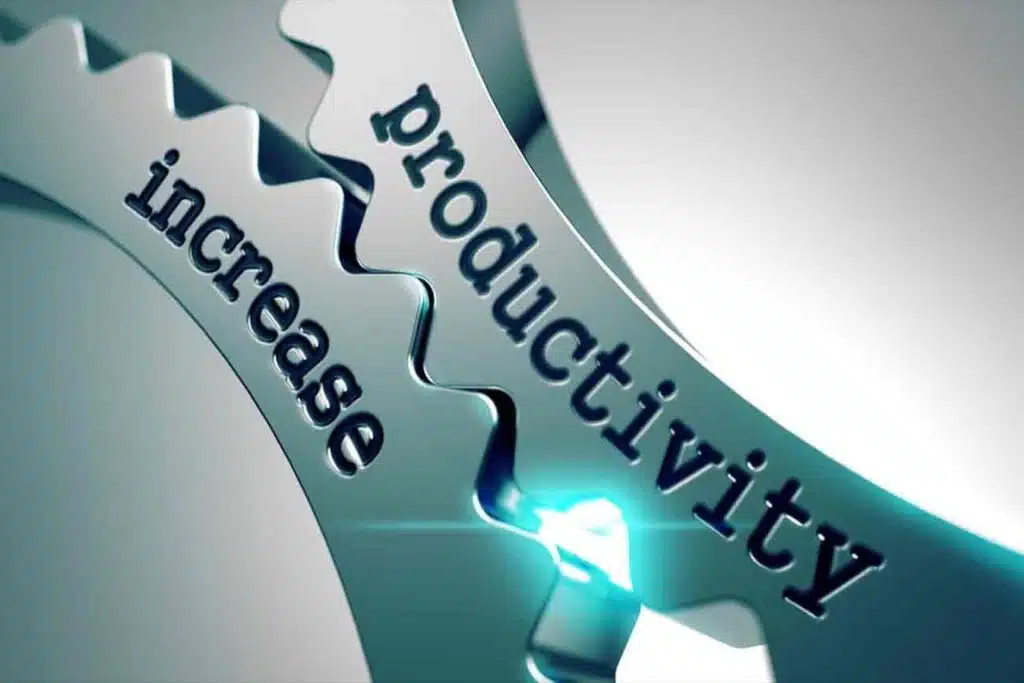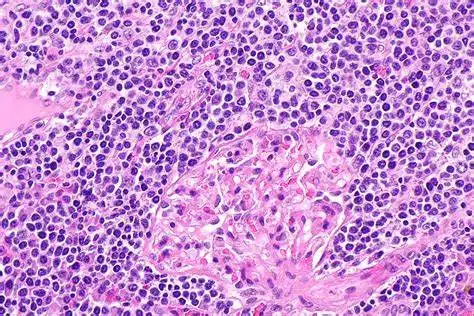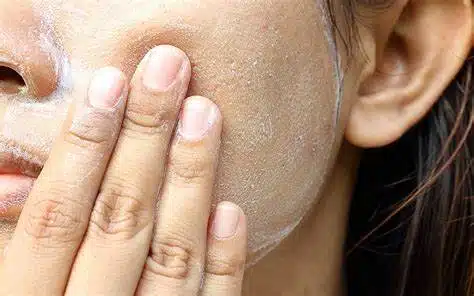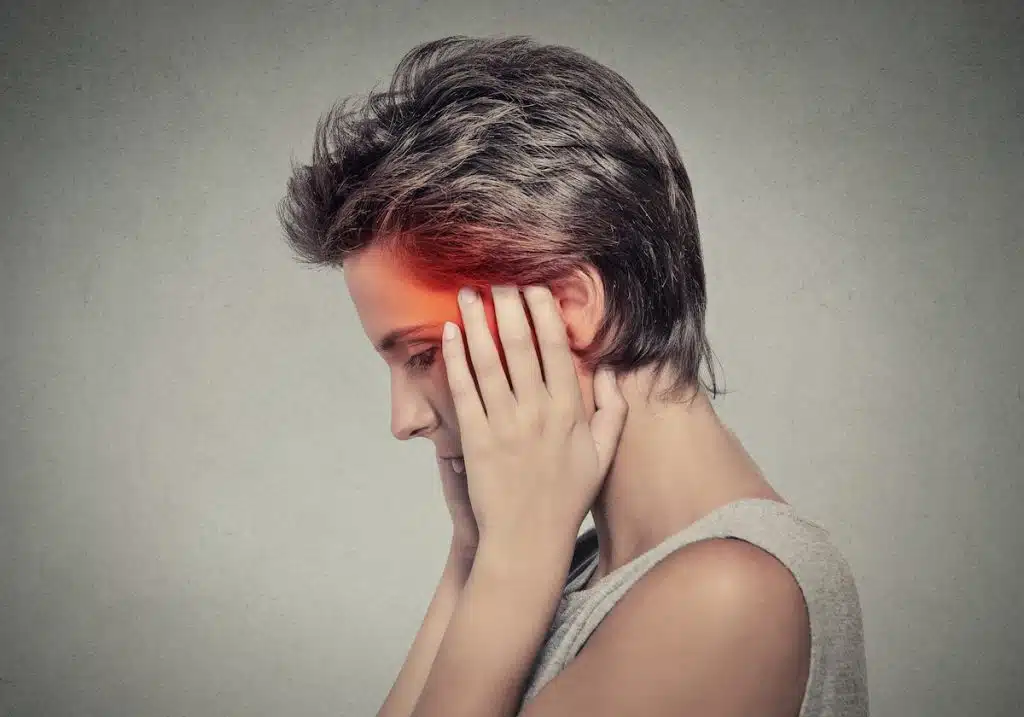Can Cannabis Treat ADHD?
Can Cannabis Treat ADHD?
Over time, cannabis has been increasingly accepted by the medical community as an effective medical option for those who suffer from mild to severe anxiety, pain relief, and yoga sessions. We already know that THC and CBD can reduce pain in the body, and that cannabis can also help improve the symptoms of ADHD. There is growing evidence that marijuana can be helpful for those who suffer from ADHD, and we believe that it may be able to help reduce some of the common downsides associated with the disorder.
What Is Cannabis?
Cannabis is a plant species in the family Cannabaceae. It includes three primary subspecies: Cannabis sativa, Cannabis indica, and Cannabis ruderalis. Cannabis has been used for a variety of purposes, including for its medicinal and recreational effects. It is also known for its psychoactive compounds, such as tetrahydrocannabinol (THC) and cannabidiol (CBD).
What Is THC?
Tetrahydrocannabinol (THC) is a psychoactive compound found in the cannabis plant. It is responsible for the “high” commonly associated with cannabis use. THC acts on the cannabinoid receptors in the brain, which are involved in the regulation of mood, appetite, and other cognitive functions. The amount of THC in cannabis varies depending on the strain, with some strains having higher levels of THC than others.
What Is CBD?
CBD stands for cannabidiol, which is a naturally occurring compound found in the cannabis plant. CBD is one of many compounds, known as cannabinoids, that are found in the cannabis plant. Unlike the more well-known compound tetrahydrocannabinol (THC), CBD is non-psychoactive, meaning it does not produce the “high” commonly associated with cannabis use.
CBD has become increasingly popular in recent years as a natural remedy for a variety of health conditions, including anxiety, pain, and insomnia. It is also used to manage symptoms of conditions such as multiple sclerosis and help with epilepsy. CBD is available in a variety of forms, including oils, capsules, and topical creams.
What is ADHD?
ADHD is known as Attention Deficit Hyperactivity Disorder, a brain disorder that affects hundreds of millions of people worldwide. ADHD is when your brain’s executive functions are impaired, impairing impulse control, concentration, and organizational skills. Common misconceptions about ADHD lead people to think of it as a behavioral disorder, mental illness, or learning disability. In fact, it is a developmental disorder of the brain’s self-regulatory system. Common ADHA symptoms include:
There are many reasons why someone may struggle with Attention, including issues with focus, managing time, and impulse control. In addition, people can be affected by exaggerated emotions and hyperfocus, which can lead to executive dysfunction.
ADHD is usually diagnosed in children but can persist into adolescence and adulthood. There are three different types of ADHD:
Many people are predominantly inattentive.
If you have ADHD, it can be hard to focus and complete tasks. You may also have impulsivity and hyperactivity. If this is your predominant type of ADHD, you may have a hard time following instructions and staying on task.
People with predominantly hyperactive-impulse ADHD find it difficult to follow directions and are quick to boredom. They also have difficulty focusing on a task and may have trouble organizing their thoughts. They often have trouble learning new information and process information less accurately.
People with predominantly hyperactive-impulse ADHD are often very active and tend to act impulsively, which can be a problem in classrooms. They usually show signs of being inattentive and disruptive.
With hyperactive-impulsive ADHD, you’re always on the go, talking incessantly, and fidgeting impatiently. It can be quite taxing on your nerves, making you feel constantly restless and out of control.
This type of ADHD is common, and it includes people who have combined hyperactive-impulsive symptoms. These people have difficulty paying attention, are impulsive, and are very hyperactive.
Cannabis and ADHD
Marijuana has been shown to help those with ADHD, as it can increase dopamine levels in the brain. This is a similar effect to prescription medications such as Adderall and Ritalin, but without the harsh side effects.
A recent study found that using a cannabinoid medication known as Sativex oromucosal spray can help manage ADHD symptoms. This spray is an extract of cannabis, and those who used it reported relief from both hyperactivity and impulsivity symptoms. This study was designed to ensure results were more accurate, and those who were not part of the placebo group reported better inhibition and a better handle on their ability to remain focus. Based on this study, it seems that cannabis may be a useful treatment for ADHD in the future.
Celeste Thirlwall, a doctor and sleep specialist, says that people with ADHD have a inflamed nervous system, and that using cannabis can help reduce the inflammation of the nervous system. Many people with ADHD don’t get the deep sleep they need to function at their best, and this can lead to problems with memory. Celeste recommends that these patients use medical marijuana to help ease the inflammation and get a deeper sleep.
CBD oil is a natural treatment for ADHD. It has been shown to improve focus, concentration, and hyperactivity.
There is a high prevalence of ADHD in young children, so using THC-free cannabis is not an option. However, CBD oil can be an excellent choice, as it has no psychoactive effects and few side effects. Some of CBD’s key benefits include reducing anxiety, calming the nervous system, improving sleep, and increasing dopamine levels. This is all due to CBD’s interaction with the endocannabinoid system, which is a key connection in our body and brain.
A recent study published in the Swiss Journal: Frontiers in Pharmacology found that after giving 53 children and young adults with ADHD 66 days of treatment, the results showed noticeable improvements in their symptoms.
In 68 percent of patients, self-injury and anger improved. However, 9 percent experienced an increase in hyperactivity, and anxiety fell by 47 percent, but increased by 24 percent.
According to this recent study, CBD may be able to have positive effects on people with ADHD, with few or no side-effects. This is particularly interesting given the existing evidence pointing to positive interactions between CBD and ADHD. However, more research is needed to confirm these findings.
Conclusion
If you are interested in cannabis and THC products, check out Ganja West online dispensary at ganjawest.co!


